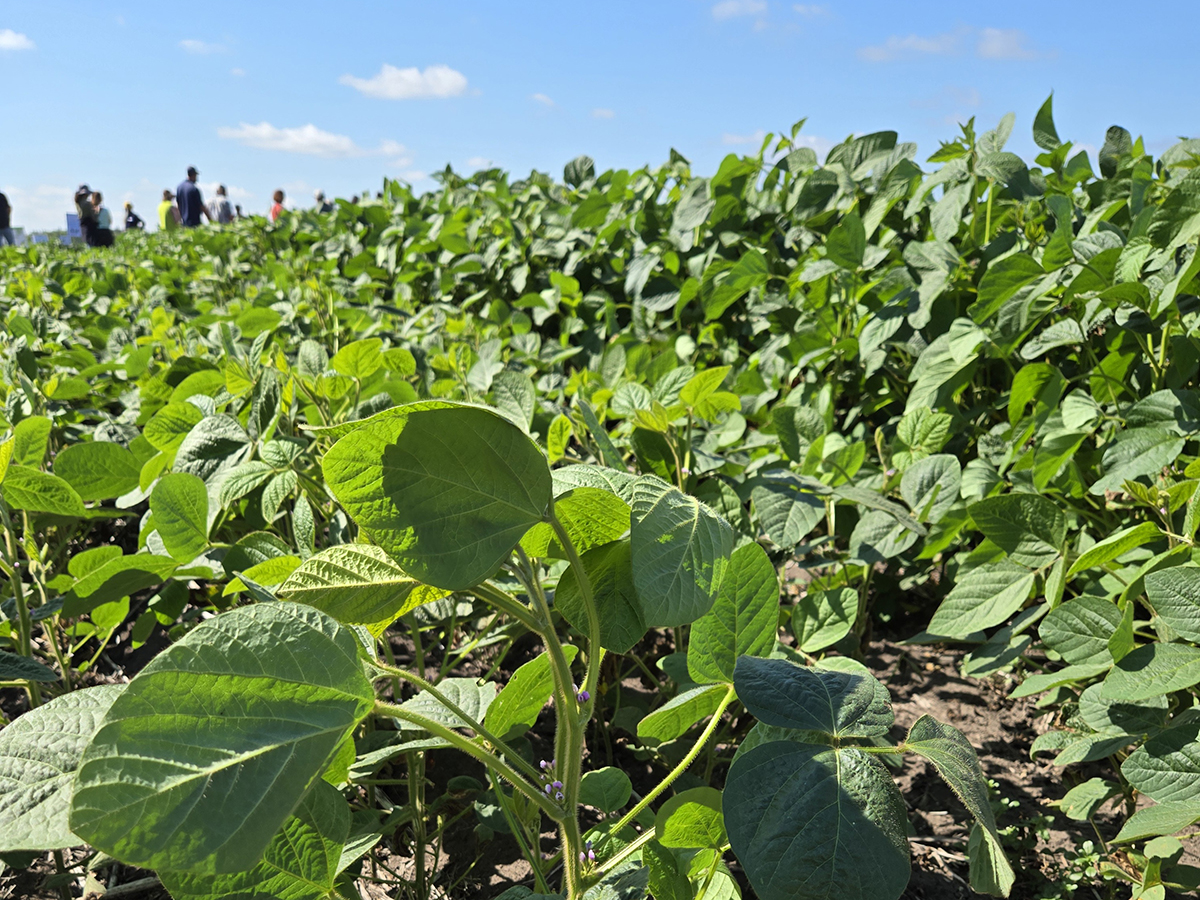RED DEER — Chicken and turkey farmers must bite the bullet and accept more imports, but they are determined to stay in business once the Trans-Pacific Partnership goes into effect.
Saleesh Ramkissoonsingh, manager of policy and trade for Turkey Farmers of Canada, said the agreement could go into effect by 2018 if TPP members ratify it.
“It is potentially a substantial increase in market access,” he told the Alberta Turkey Producers annual meeting in Red Deer Feb. 29.
Canadians ate 149 million kilograms of turkey last year, and the largest area of growth was in further processed products made mostly from breast meat. Increased imports could hurt that sector.
Read Also

Spider mites big soybean problem this season
Spider mite issues have been geographically limited but significant where they occur, said John Gavloski, an entomologist with Manitoba Agriculture.
“That is the growth engine of our business,” he said. “This TPP agreement has probably given away six to eight years of our growth on the further processing side,” he said.
Chicken Farmers of Canada feel the new access has been more than generous.
“It is a hard hit, but if you look at it overall, the Canadian government had to judge was it good overall for Canada,” said Mike Dungate, executive director of Chicken Farmers of Canada.
The deal that was reached Oct. 5 provided additional access of 26.7 million kg of chicken.
“It is the equivalent of us losing 61 farms and … annual sales of about $57 million in farm cash receipts,” Dungate told the Alberta Chicken Producers annual meeting.
The federal government promised $4.6 billion in compensation for supply managed sectors when the deal was signed.
Dairy farmers would receive the largest share while turkey producers would get $47 million.
Details on how these programs might work are unknown, said Ramkissoonsingh.
“As you all know, the federal government is in a significant deficit position so you need to keep that in mind if and when these programs go forward,” he said.















